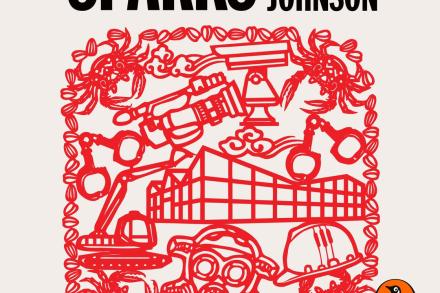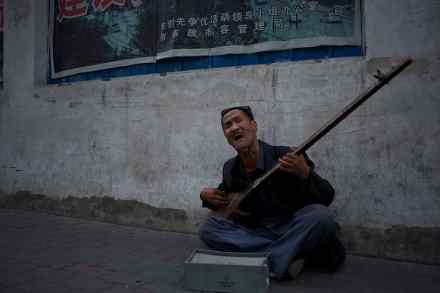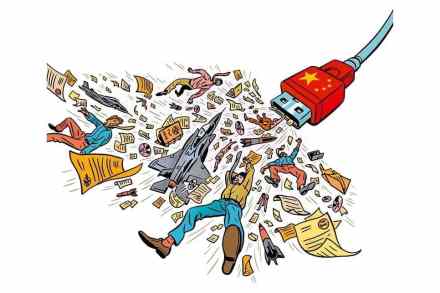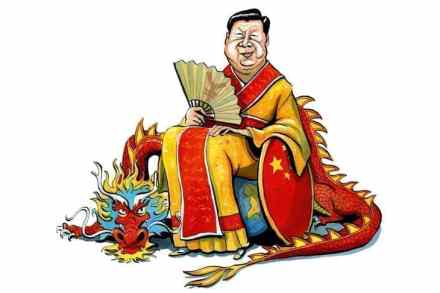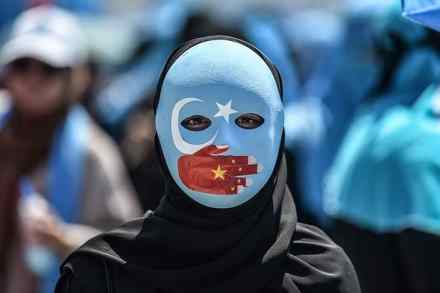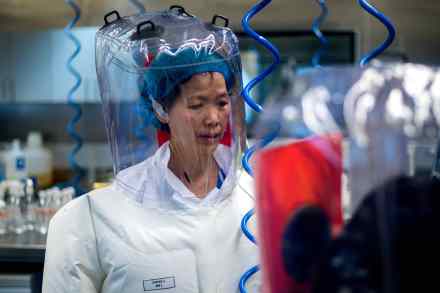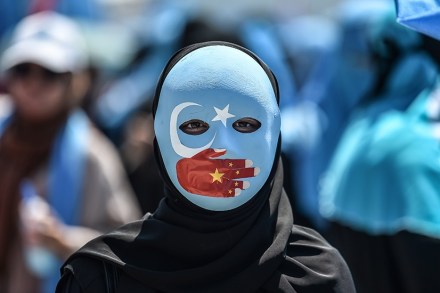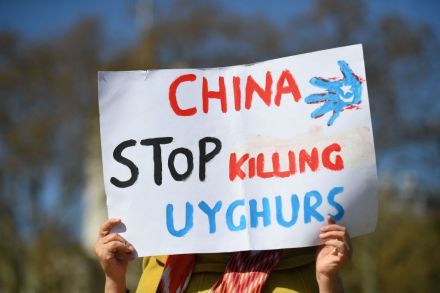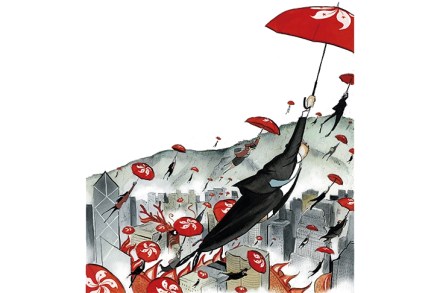Battling the official narrative — China’s ‘underground historians’
35 min listen
Controlling history is key to the Chinese Communist Party’s control of the country. Whether it’s playing up the ‘century of humiliation’, or whitewashing past mistakes like the Great Leap Forward or the Tiananmen Protests, the Party expends huge effort and resources on controlling the narrative. That’s why it’s so important and interesting to look at those Chinese people who are documenting the bits of history that the Party doesn’t want you to know about. They interview survivors from Communist labour camps, or keep their own memoirs of the Cultural Revolution, and try to keep the memory of past horrors alive through film, magazines and paintings. A new book called Sparks documents their
